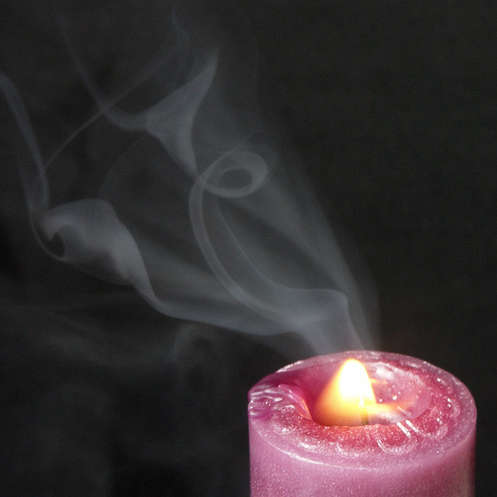FWP:
For background see S. R. Faruqi's choices. For more on Ghalib's unpublished verses, see the discussion in {4,8x}. Raza presents this verse only as a variant.
For a discussion of collyrium, see {44,1}.
For a discussion of the connection that exists among smoke, wine, and intoxication, see Faruqi's discussion of {146,3x}.
The first line is full of heavily 'pre-poeticized' language, but not much is done with it. I really can't think of anything special to say about the verse. It certainly does seem less effective than its sibling, {147,1}, that was chosen for the published divan.

Zamin:
In nashshah-zaar , the zaar is for abundance. That is, the eye of beautiful ones is a wine-seller of the intoxication-place of coquetry; and collyrium, which is in her eyes, is that smoke of the flame of a voice. That is, in the state of intoxication, through the beloved's airs and graces, for her collyriumed eyes, winking/flickering, to express meaning, is pleasure-bringing (a wine-seller).
== Zamin, p. 354